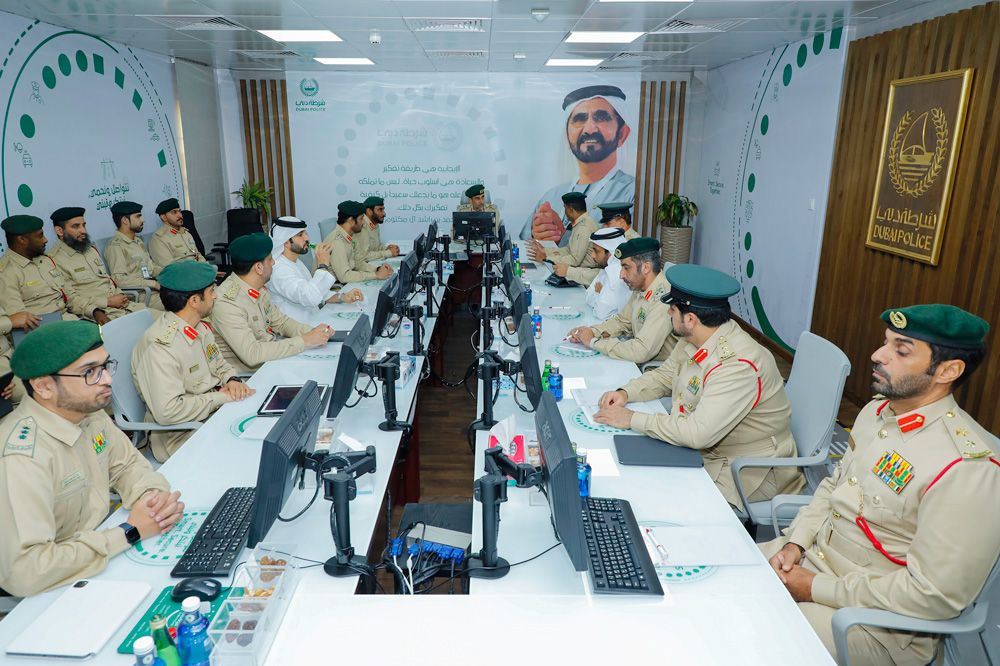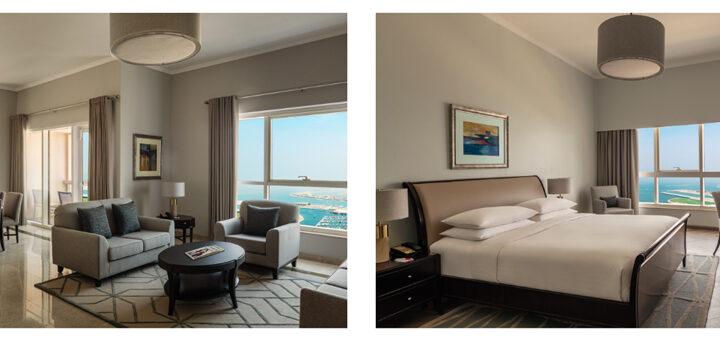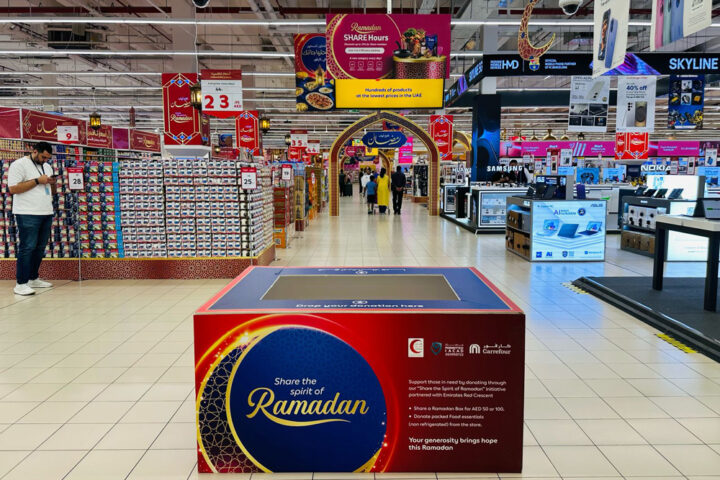Riyadh, Saudi Arabia – VFS Global, a leading provider of outsourced visa and consular services, has announced a significant agreement with the Ministry of Commerce, Saudi Arabia. The partnership entails the provision of visa application services through a centre situated within the Ministry of Commerce headquarters in Riyadh. The agreement, signed in the presence of Eng. Mohammed A. Al. Alwaily, Deputy Minister for Shared Services, aims to streamline visa application processes for approximately 8000 employees, delegates, and personnel of subsidiary government institutions under the Ministry.
In line with VFS Global’s dedication to simplifying cross-border mobility, applicants can also opt for the innovative Visa At Your Doorstep service, allowing trained professionals to complete the visa application process at a location of their choice. Mr. Zubin Karkaria, Founder and CEO of VFS Global, expressed his honor in establishing this strategic partnership, emphasizing the commitment to providing a seamless, convenient, and secure visa application experience.
This collaboration further expands VFS Global’s network in the Kingdom of Saudi Arabia, complementing existing agreements with entities such as Aramco, Neom, and Chambers of Commerce nationwide. With an extensive global reach, VFS Global continues to solidify its position as the trusted partner for governments worldwide.















